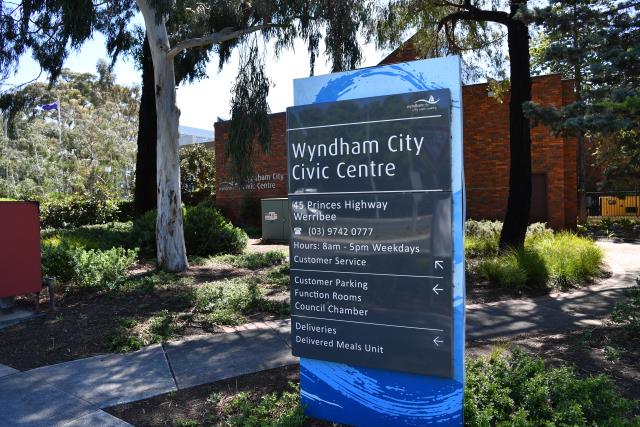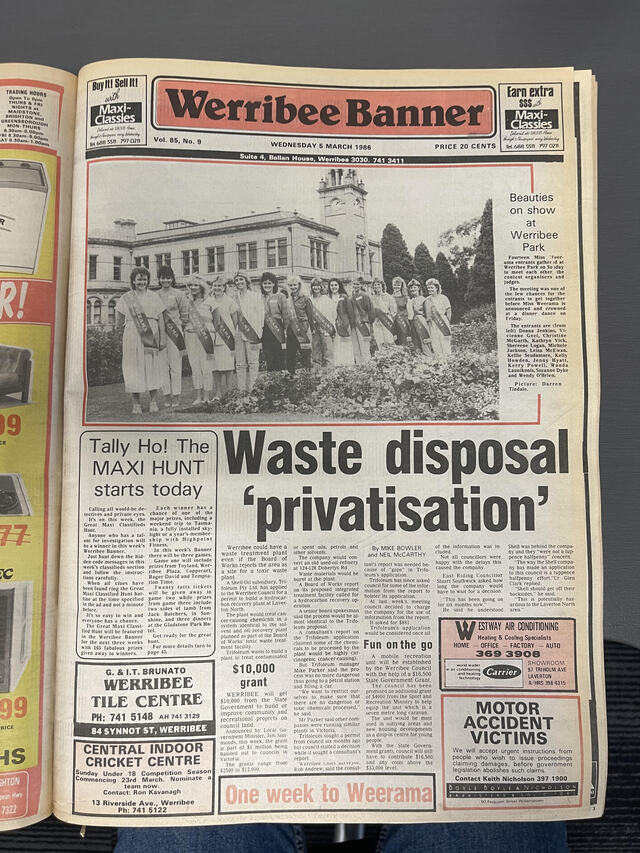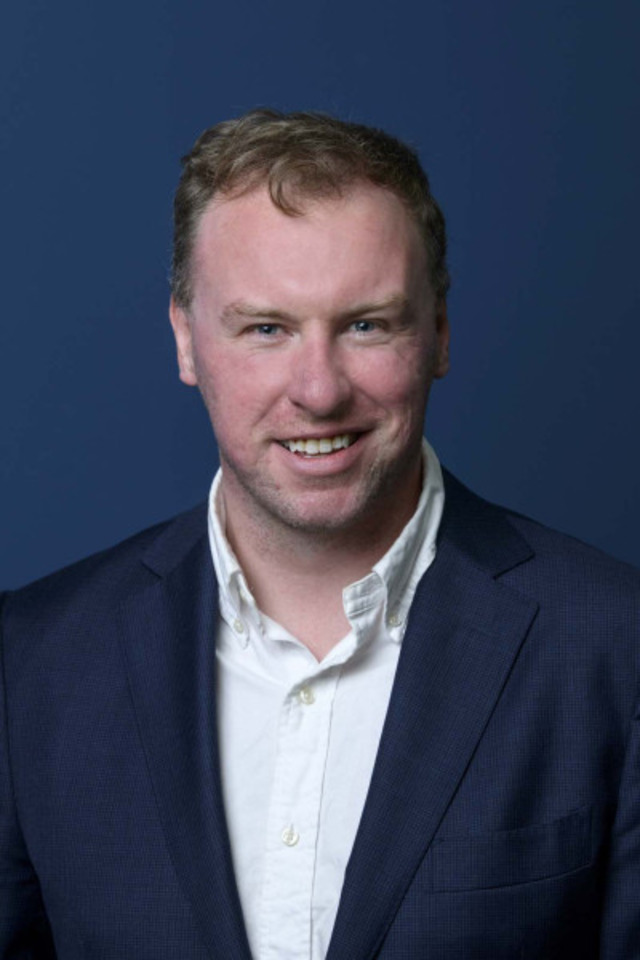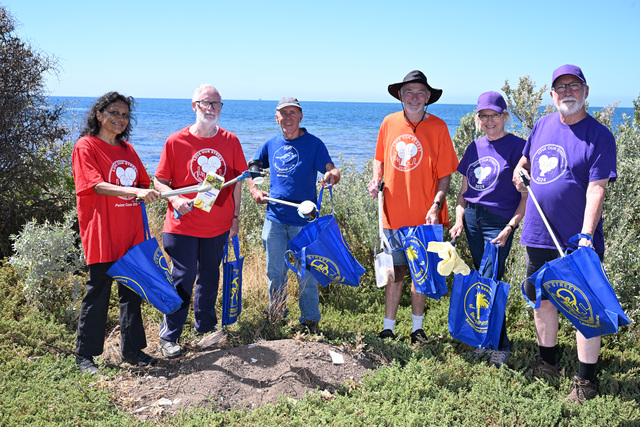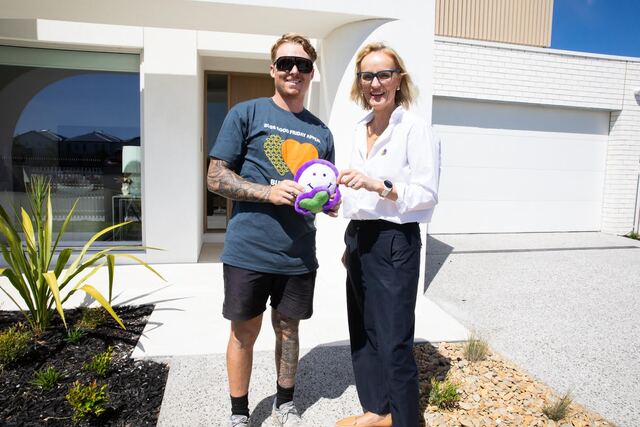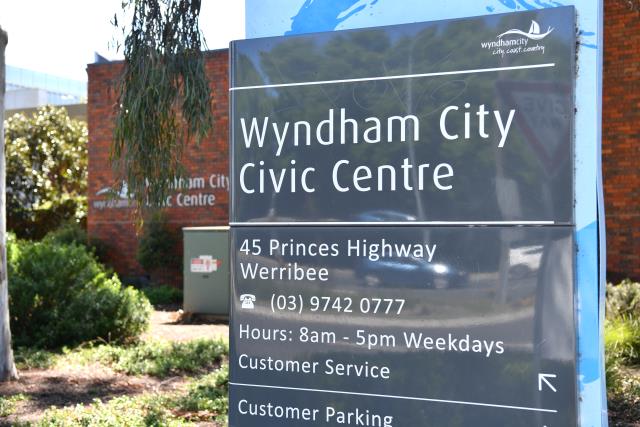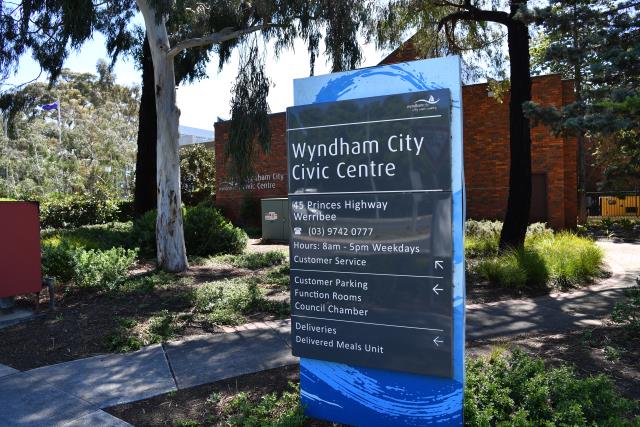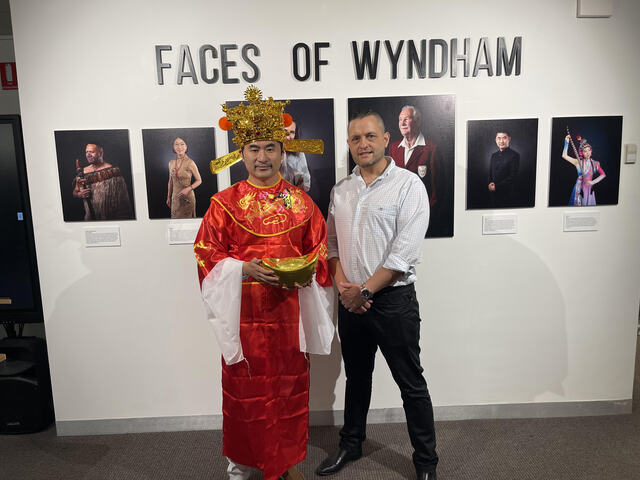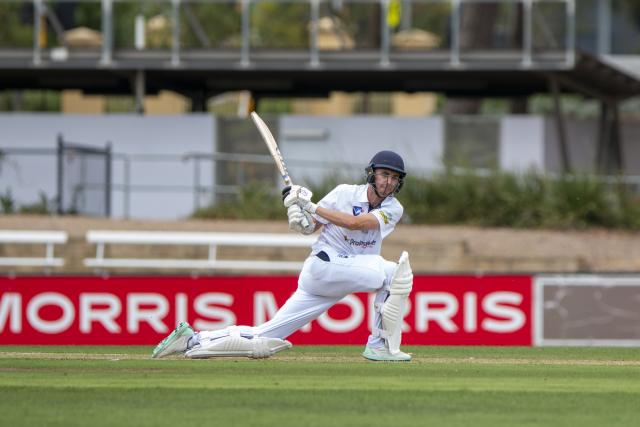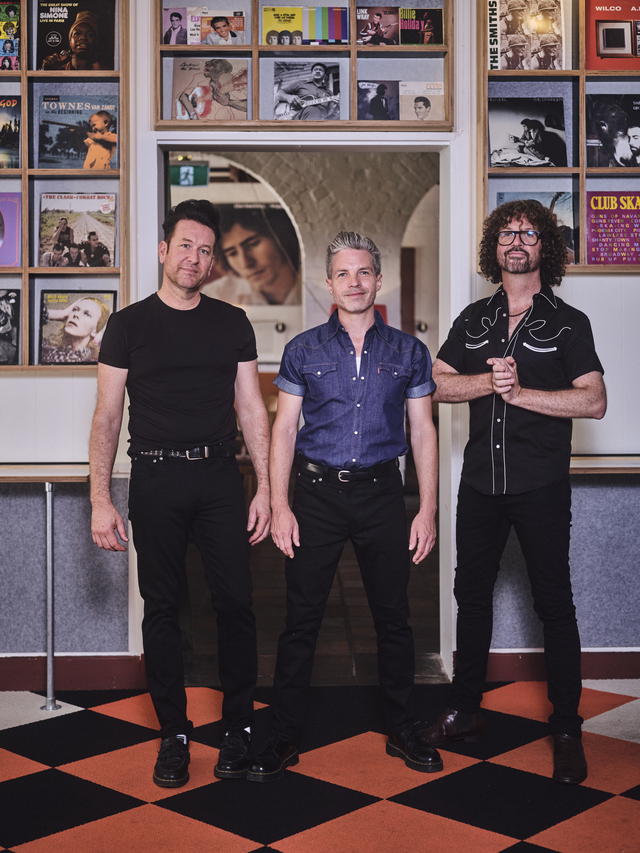Speaker Telmo Languiller has swiftly moved to head off an expense scandal after claiming almost $40,000 to live away from his electorate in Queenscliff, promising to repay the money in full.
In a statement, the Labor Party MP who represents the electorate Tarneit admitted the claim did not meet community expectations.
“While all member who live more than 80 kilometres from Parliament can claim this allowance, I fully accept that in my circumstances it doesn’t meet community expectations,” he said. “To that end, I will repay the allowance I received in full.”
The move follows revelations in The Age that Mr Languiller used the posh seaside town as his primary place of residence, while maintaining a second residence in Footscray, also outside his Tarneit electorate.
The arrangement allowed him to last year claim the generous but little-known “second residence” perk, currently worth $37,678 a year for ministers and senior office holders.
Under the rules of Parliament, MPs are entitled to the allowance if they live at least 80 kilometres from the Melbourne Post Office and maintain a second residence in Melbourne.
The decision to nip the looming crisis in the bud by repaying the money follows a string of expense scandals federally and at the state level. Mr Andrews can ill-afford to lose another senior office holder.
The perk is designed to compensate country MPs forced to stay in town when Parliament is sitting. But the guidelines are sufficiently opaque that the reverse is also possible: city MPs such as Mr Languiller who maintain an official “home base” outside their electorates can also claim the allowance.
Mr Languiller’s use of the allowance is technically within the rules, although the revelations will raise further questions about whether claiming a generous allowance to live more than 80 kilometres from a city electorate is an acceptable use of taxpayers’ money.
The payment is in addition to Mr Languiller’s annual Speaker’s salary of $244,547, his expense allowance of $17,785 and a host of other perks such as the use of a chauffeur-driven car.
Contacted by Fairfax Media, Mr Languiller confirmed he had claimed the allowance up until November last year. But he said he no longer claimed it.
His spokeswoman later said Mr Languiller’s primary residence is now in Footscray, confirming he had claimed the allowance for 12 months “but his entitlement ended in November 2016”.
Earlier in the week, Premier Daniel Andrews’ spokesman said Mr Languiller’s primary residence was in Queenscliff.
That followed revelations in The Age on Tuesday that one-third of Daniel Andrews’ frontbench lives outside the electorates they represent.
Mr Languiller is also an avid traveller at taxpayers’ expense. During the 2015-16 financial year he spent more than $50,000 travelling overseas six times, including two separate trips to his country of birth, Uruguay.
On Thursday morning Mr Languiller told reporters he believed he had the support of the Premier but had not yet spoken to him.
“I have intentions of speaking to both party leaders during the day,” he said.
He said the allowance system should be tightened. “On reflection I believe that the system which allowed me or others to make a claim of [that] kind should be changed,” he said.
Asked if he would stand down, Mr Languiller said he would discuss matters with the Premier and the Opposition Leader.
Opposition Leader Matthew Guy said it was MPs entitlement rules were outdated and needed urgent reform, calling on the Premier to change the rules.
Mr Guy suggested that entitlement rules be tied to an MP’s electorate rather than where they choose to live.
“We need to make sure that the rules are tighter, we can’t have a situation where a city MP can claim a country member’s allowance. I just can’t believe that this is somehow allowable,” Mr Guy said.
The Liberal leader said he hoped to speak to Mr Languiller to discuss changes to the rules and who signed off on the allowance.
Greens leader Greg Barber also called for an entitlement overhaul, including more transparency of payments.
Mr Barber backed an independent office, similar to federal reforms, to oversee entitlements.
Like Mr Guy, Mr Barber said it was up to the government to act.
Treasurer Tim Pallas said a change to rules was not the answer and that MPs should be guided by “common sense”.
“I don’t believe it is a question of rules. It’s a question of people understanding what the right thing to do is,” Mr Pallas said.
“Quite frankly, there’s always a way around rules … but there is no way around holding yourself to account to good conduct and the public expectation.”
“I accept his [Mr Languiller’s] judgment that he hasn’t accorded with community expectation.”
Emma King, from VCOSS, who was with the Treasurer to launch new social housing policy on Thursday, said $40,000 would go a long way for people in public housing.
The issue of MPs’ entitlements has been brought into the spotlight in recent months following a string of expense scandals.
Federally, Liberal speaker Bronwyn Bishop was forced to resign in August 2015 after it emerged she chartered a helicopter at taxpayers’ expense from Melbourne to Geelong for party fundraiser.
More recently, Liberal MP Sussan Ley was forced to stand down as health minister after coming under pressure over trips to the Gold Coast, where she purchased an investment property. And in Victoria, corrections minister Steve Herbert resigned after it emerged he used his chauffeur-driven vehicle to ferry his dogs to his country residence.
When Fairfax Media visited Mr Languiller’s Footscray property on Wednesday, a woman answered the intercom and confirmed it was his house. However, she did not answer questions, saying she was busy.
When assessing whether a house qualifies as a person’s “main residence” for tax purposes, the Australian Tax Office examines a range of factors such as whether personal belongings have been moved into the home, whether mail is delivered to the address and whether the house is a person’s address stated on the electoral roll.
Josh Gordon, Richard Willingham, Benjamin Preiss – The Age


